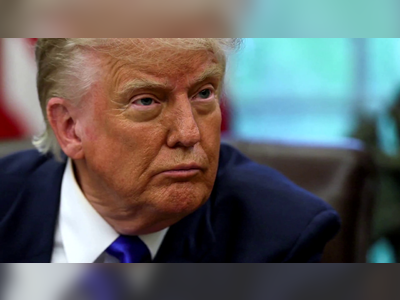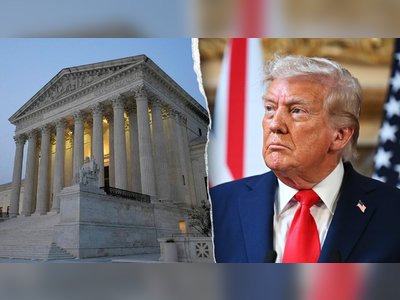El Salvador and Bhutan: Pioneers in Adopting Bitcoin Nationally
The newfound enthusiasm of countries for incorporating Bitcoin into their financial plans is attracting considerable notice. A striking and daring instance is El Salvador, where President Nayib Bukele declared Bitcoin as legal tender.
Despite cryptocurrency's inherent volatility, this move led the country's Bitcoin reserves to soar in value to approximately $600 million.
However, questions have been raised about the wisdom of investing public funds in such unpredictable assets.
Even though El Salvador aims to spearhead a potential financial revolution, societal adoption remains low, with only a small percentage of its citizens routinely using Bitcoin.
Meanwhile, Bhutan has quietly concentrated on Bitcoin mining, utilizing its hydroelectric resources.
Their strategic investments in cryptocurrency have valued their digital asset portfolio at over a billion dollars, despite challenges from platforms like BlockFi and Celsius.
While Bhutan's understated approach contrasts with El Salvador's more publicized strategy, both nations underscore potential systemic risks due to limited transparency in their crypto operations.
These pioneering countries might influence a broader global financial shift as major economies like the US, China, and the UK maintain a cautious stance, primarily interacting with cryptocurrencies through regulatory frameworks.
Despite Bitcoin's 130% increase this year, questions about market stability persist.
This uncertainty challenges countries like El Salvador and Bhutan to maintain their crypto momentum amid potential downturns.
These initiatives by smaller nations are prompting traditional finance to rethink its approach to cryptocurrencies.
While their innovative drive is admirable, the sustainability and pragmatic viability of such financial ventures still require examination.
The conversation around cryptocurrencies continues to develop, shaping financial policies globally.
However, questions have been raised about the wisdom of investing public funds in such unpredictable assets.
Even though El Salvador aims to spearhead a potential financial revolution, societal adoption remains low, with only a small percentage of its citizens routinely using Bitcoin.
Meanwhile, Bhutan has quietly concentrated on Bitcoin mining, utilizing its hydroelectric resources.
Their strategic investments in cryptocurrency have valued their digital asset portfolio at over a billion dollars, despite challenges from platforms like BlockFi and Celsius.
While Bhutan's understated approach contrasts with El Salvador's more publicized strategy, both nations underscore potential systemic risks due to limited transparency in their crypto operations.
These pioneering countries might influence a broader global financial shift as major economies like the US, China, and the UK maintain a cautious stance, primarily interacting with cryptocurrencies through regulatory frameworks.
Despite Bitcoin's 130% increase this year, questions about market stability persist.
This uncertainty challenges countries like El Salvador and Bhutan to maintain their crypto momentum amid potential downturns.
These initiatives by smaller nations are prompting traditional finance to rethink its approach to cryptocurrencies.
While their innovative drive is admirable, the sustainability and pragmatic viability of such financial ventures still require examination.
The conversation around cryptocurrencies continues to develop, shaping financial policies globally.
AI Disclaimer: An advanced artificial intelligence (AI) system generated the content of this page on its own. This innovative technology conducts extensive research from a variety of reliable sources, performs rigorous fact-checking and verification, cleans up and balances biased or manipulated content, and presents a minimal factual summary that is just enough yet essential for you to function as an informed and educated citizen. Please keep in mind, however, that this system is an evolving technology, and as a result, the article may contain accidental inaccuracies or errors. We urge you to help us improve our site by reporting any inaccuracies you find using the "Contact Us" link at the bottom of this page. Your helpful feedback helps us improve our system and deliver more precise content. When you find an article of interest here, please look for the full and extensive coverage of this topic in traditional news sources, as they are written by professional journalists that we try to support, not replace. We appreciate your understanding and assistance.











